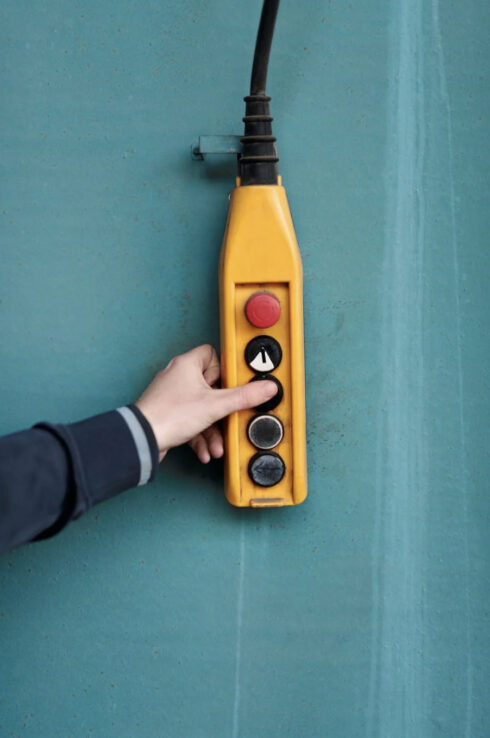
Despite the growing complexity of the software that drives organizations, few companies have fully automated testing or are using AI, according to new research conducted by Forrester and commissioned by Keysight.
For the study, Forrester conducted an online survey in December 2021 that involved 406 test operations decision-makers at organizations in North America, EMEA, and APAC to evaluate current testing capabilities for electronic design and development and to hear their thoughts on investing in automation. It found that only 11% of respondents have fully automated testing. Eighty-four percent of respondents said that the majority of testing involves complex environments.
Most companies reported that they’re moderately or very satisfied with their testing methods and three-fourths of them use a combination of automated and manual testing. However, 45% of companies say that they’re willing to move to a fully automated testing environment within the next 3 years to increase productivity, gain the ability to simulate product function and performance and shorten the time to market.
Companies are also looking to add AI for integrating complex test suites, an area of test automation that is severely lacking, with only 16% of companies using it today.
“Despite their reported high satisfaction levels with their testing methods, companies are interested in moving to more automated approaches and using AI for integrating complex test suites. They understand this will increase their productivity, simulate product function or performance, and shorten design cycles, thereby, reducing product time to market,” the research stated. ‘In turn, this improvement in the testing and development process will yield higher customer satisfaction and increase product sales or revenue. They recognize that reducing time to market can be achieved by better analytics on current test and measurement data, integrated software tools across the product development lifecycle, and an improved ability to share data across teams.”






